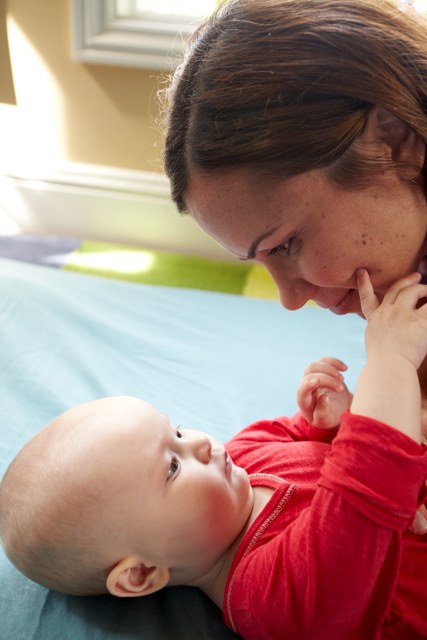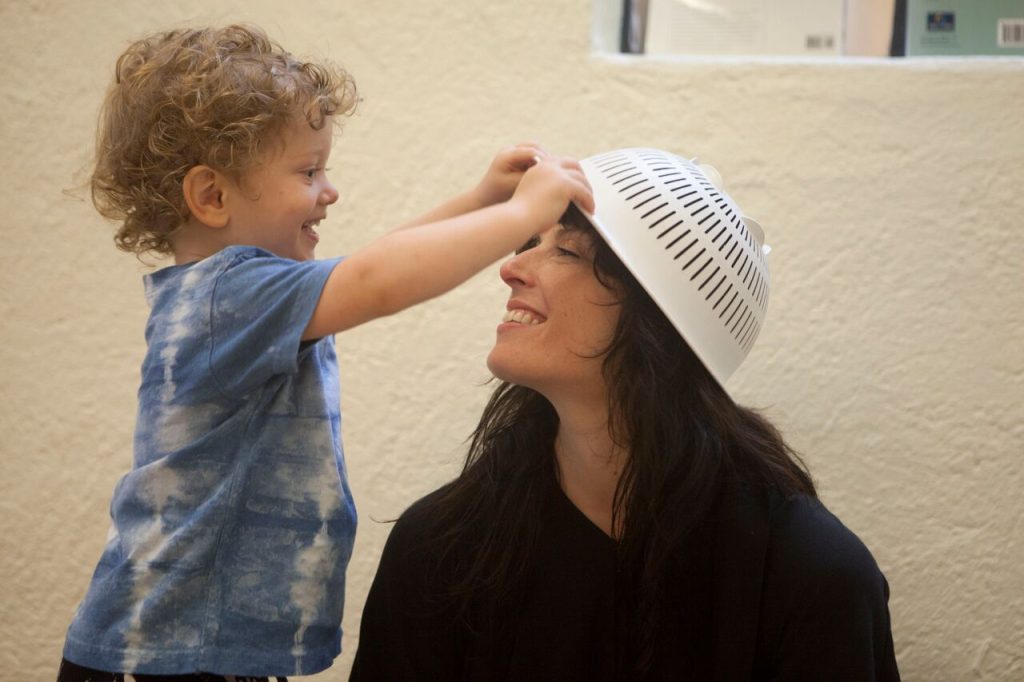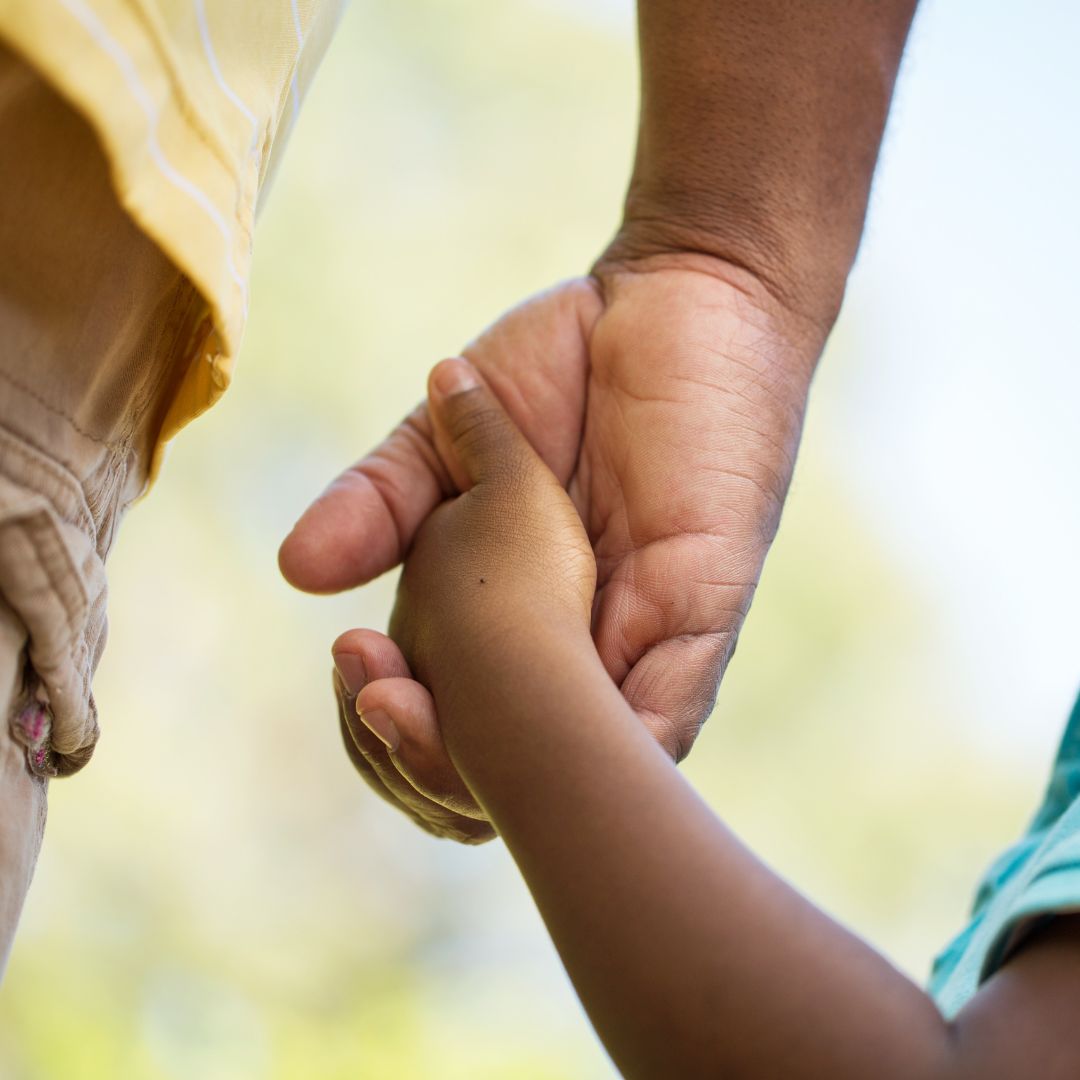

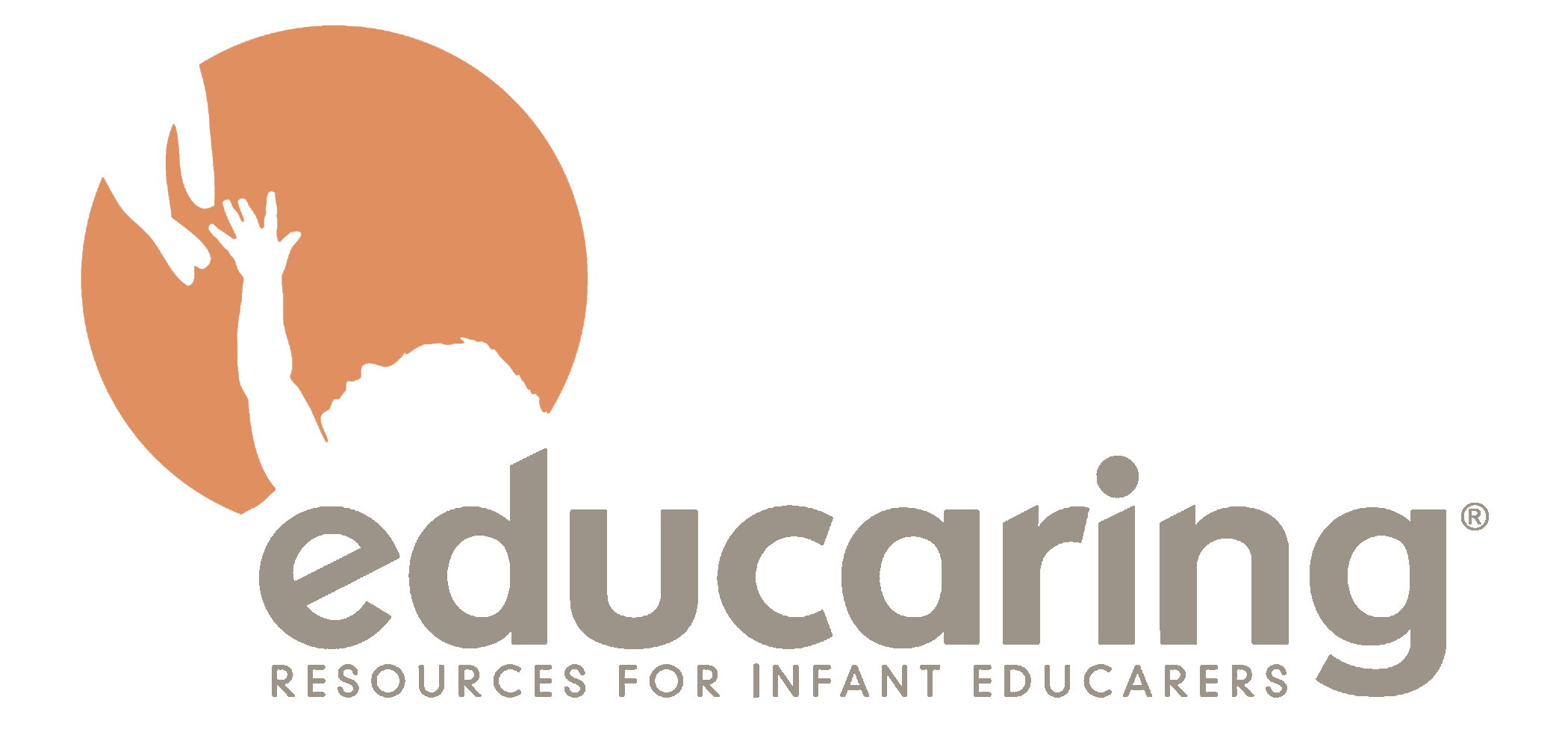
What is the Educaring® Approach?
- Infants need an intimate, stable relationship with at least one adult
- This relationship is best developed during caregiving activities
- Infants are active participants while being cared for
- Infants need a safe, carefully-designed environment in which to move, explore and manipulate objects
- Spontaneous, self-initiated activities have an essential value for physical and mental development
- The Educarer® must learn to observe, understand and respect the individuality of each infant
Research shows that how we care for a baby influences their entire life in profound ways. RIE has helped thousands of parents and caregivers, in a wide variety of settings, foster the early attachments infants and toddlers need to carry them through life. Our RIE Associates can show you how.
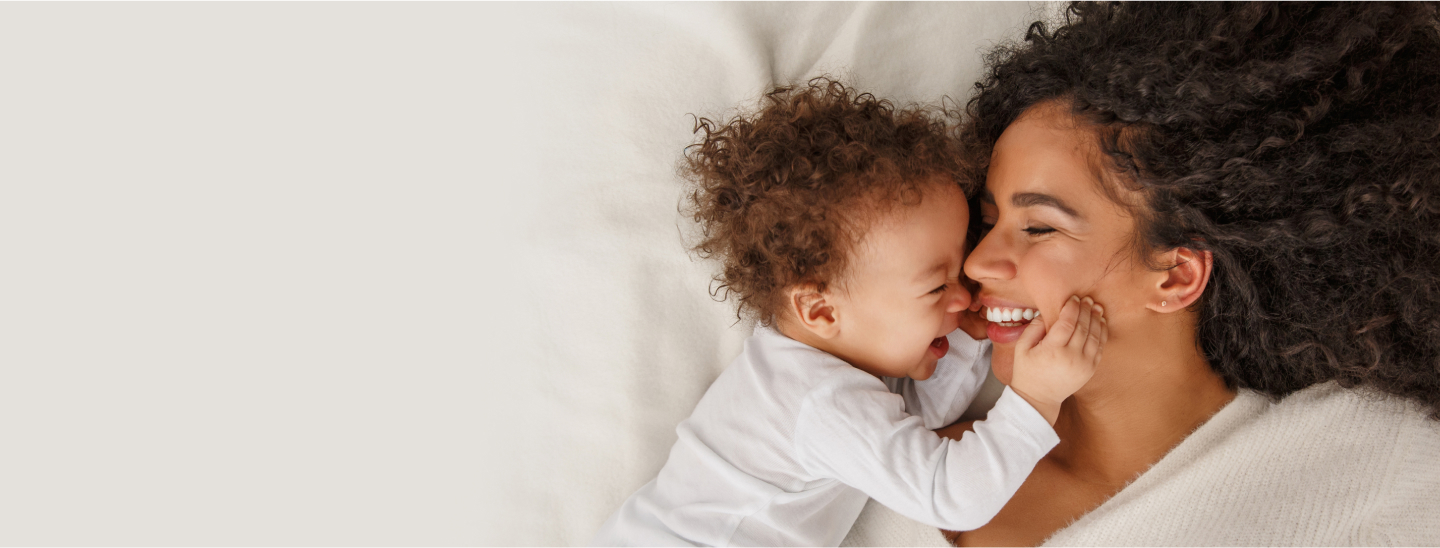

Our Classes
CLASSES FOR PARENTS
CLASSES FOR PROFESSIONALS OR ORGANIZATIONS


We're Here for Parents, Babies
& Caregivers
Fifty years ago, Magda Gerber taught us to see infants “with new eyes,” thereby revolutionizing infant care in the U.S. She founded RIE as a resource for her ideas of respectful, trusting, and responsive care; what she called “Educaring.” Her focus on investing time in enjoyable care routines and respecting a baby’s innate capacities to learn, have become best practices for families and early childhood programs. RIE is an accessible, two-generation, integrated approach to caring for babies from birth to two years old that supports development across all developmental domains:
- Social-emotional
- Perceptual, motor, and physical
- Cognitive
- Language acquisition and communication
- Approach to learning
Articles & More
Find practical advice and inspiration from our founder Magda Gerber, RIE Associates, RIE parents, and enthusiasts around the globe.

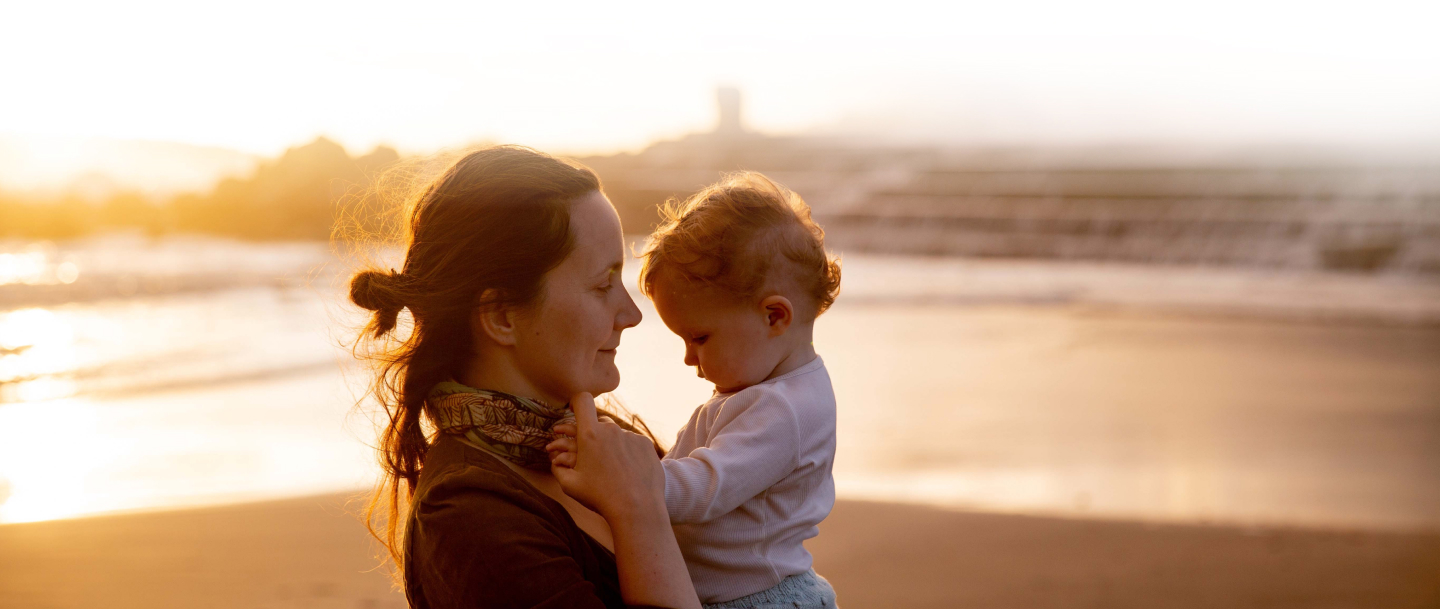

Social Media
Follow us and share your RIE moments at #MyRIE


